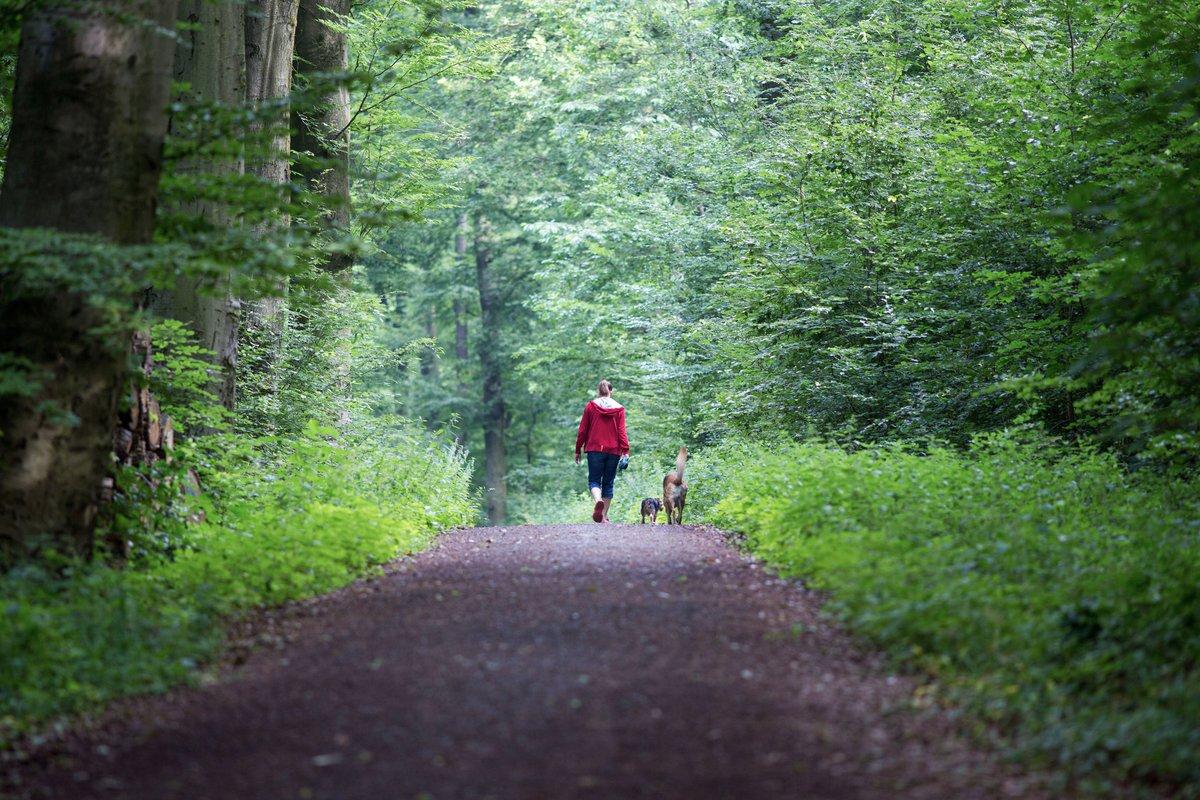Following the release of the Fit for 55 package and the EU Climate Law’s promise to create a Climate Change Advisory Board, IEEP and the EEAC Network gathered scientists and policymakers to discuss how scientific evidence can best be used in the context of European climate policymaking.
After EEAC Chairman Arnau Queralt’s introduction, the discussion, moderated by IEEP Executive director Céline Charveriat, focused on what has been proposed in the Fit for 55 package in terms of the role of scientific advice in recent European climate policy initiatives. Later on, the speakers discussed how science, and the European Scientific Advisory Board on Climate Change in particular, can further support Europe’s climate objectives, i.e. a 55% reduction of gas emissions below 1990 levels by 2030, and climate neutrality by 2050.
Insights from the panels
“The European Climate Law brings science into the heart of European climate policy by establishing a new Climate Change Advisory Board. Yet, many challenges remain to ensure that the best available knowledge reaches policymakers, notably overcoming policymakers’ own confirmation bias.”
— MEP Jytte Guteland, S&D, Rapporteur for the European Climate Law
“EU policies have long-term effects on Europe’s economy, environment and society and should therefore be based on the best, most accurate scientific understanding.”
— Christina Moberg, President of the European Academies Science Advisory Council (EASAC)
“The European Climate Law sets a sound framework and tools to deliver the climate neutrality objective, including bridging the gap between politics and science. The Fit for 55 package is the first stress test for its efficiency. Timely implementation is necessary to capitalise on the benefits and deliver high standard policy decisions.”
— Elisa Giannelli, Policy Advisor, E3G
“The European Scientific Advisory Board on Climate Change will strengthen the role of scientific expertise and advice in outlining actions and opportunities to reach the EU’s climate goals.”
— François Dejean, Head of Climate change mitigation, energy and transport, European Environment Agency (EEA)
“The European Scientific Advisroy Board could take inspiration from the way the Danish Council on Climate Change is governed and operates, as a watchdog, an advisor, and a contributor to the public debate.”
— Peter Møllgaard, Chair of the Danish Council on Climate Change
“We need to develop modelling tools that are better adapted to addressing just transition questions; but we need to use these modela as tools to explore options and trigger policy discussions, involving all stakeholders.”
— Pierre-Marie Aubert, Coordinator, European Agriculture Initiative, Institut du Développement Durable et des Relations Internationales (IDDRI)
Recording of the event
Listen to the full conversation in the recording:
You will also find Peter Møllgaard’s and Pierre-Marie Aubert’s presentations as attachments to this page.

